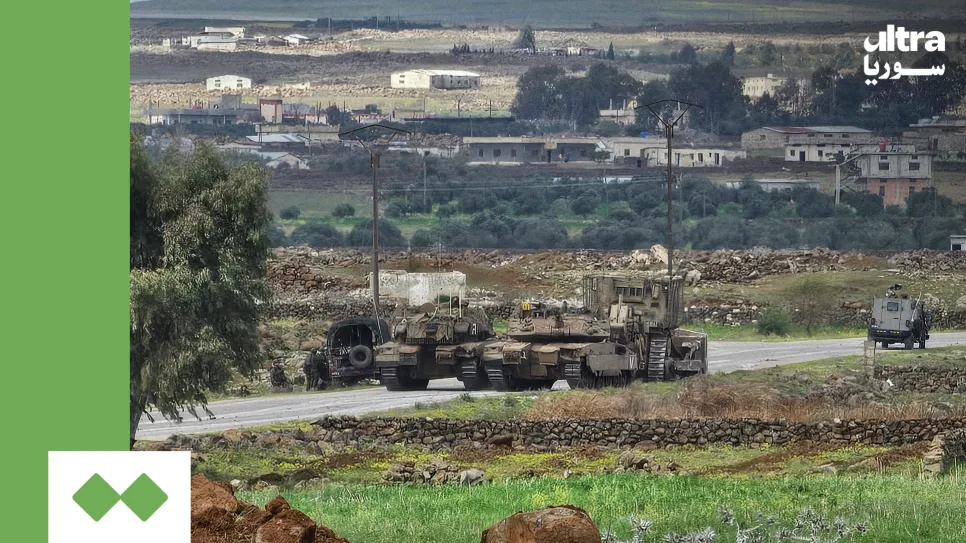In a confidential diplomatic breakthrough, Syria and Israel have been holding direct talks in recent weeks, marking an unprecedented step in bilateral engagement since the toppling of former Syrian President Bashar al-Assad in December 2024.
According to a Reuters report citing five informed sources—including Syrian, Western, and regional intelligence officials—the discussions aim to ease tensions and prevent military escalation along the southern border with the occupied Golan Heights. Several rounds of meetings reportedly took place in person, including in areas recently entered by Israeli forces.
The talks follow months of covert communications through intermediaries, but have since transitioned into direct dialogue. Syrian officials say Ahmed al-Dalati, governor of Quneitra and newly appointed overseer of security in neighboring Suwayda province, is leading the negotiations from the Syrian side. The identities of the Israeli delegates remain undisclosed, though two sources confirmed they are senior security figures.
President Ahmed al-Sharaa acknowledged earlier this month that indirect contacts with Israel were underway. His May 14 summit with U.S. President Donald Trump in Riyadh catalyzed a major shift in Washington’s posture toward Syria—and, according to a senior intelligence source, prompted the White House to encourage Israeli engagement with the transitional government in Damascus.
That meeting, the source said, signaled “a strategic reset,” disrupting long-standing Israeli assumptions that Syria’s fragmentation under Assad could be exploited to maintain regional leverage. Instead, the new Syrian leadership has moved quickly to project pragmatism and assert control.
The recent period has also seen relative calm in Suwayda, following violent April clashes between Druze factions—some reportedly backed by Israel—and Sunni militias. In response to threats against the Druze community, Israel launched several airstrikes, including one near the presidential palace in Damascus, which officials described as a “warning strike.”
Despite this backdrop, the talks have remained narrowly focused on military deconfliction, cross-border incursions, and minimizing flashpoints. Yet two sources told Reuters that the process may evolve into broader political dialogue.
“For now, this is about coexistence, not normalization,” one source involved in the talks said. “President Sharaa has signaled—privately—that he is open to normalization in principle, but such a step would be gradual and contingent on regional dynamics.”
Sharaa has not publicly commented on that claim, but has stated support for reactivating the 1974 Disengagement of Forces Agreement, which established a UN-monitored buffer zone between Syria and Israel.
To reinforce this posture, the Syrian transitional government has emphasized its commitment to regional stability. It has held meetings with Jewish community representatives inside Syria and abroad, and in a move interpreted as a signal to Israel and the West, arrested two senior operatives of the Palestinian Islamic Jihad.
In a diplomatic note sent to the U.S. State Department last month—and reviewed by Reuters—the Syrian Foreign Ministry stated that Syria would not allow its territory to be used as a platform for threats against any country, “including Israel.”
In a further gesture of goodwill, Damascus has reportedly agreed to return personal belongings of Eli Cohen, the Israeli spy executed in 1965, whose legacy remains a potent symbol in Israeli memory.
While still nascent and highly sensitive, the current dialogue may mark the beginning of a new, cautious chapter in Syria–Israel relations—one shaped less by hostility and more by strategic calculation.
This article was translated and edited by The Syrian Observer. The Syrian Observer has not verified the content of this story. Responsibility for the information and views set out in this article lies entirely with the author.


